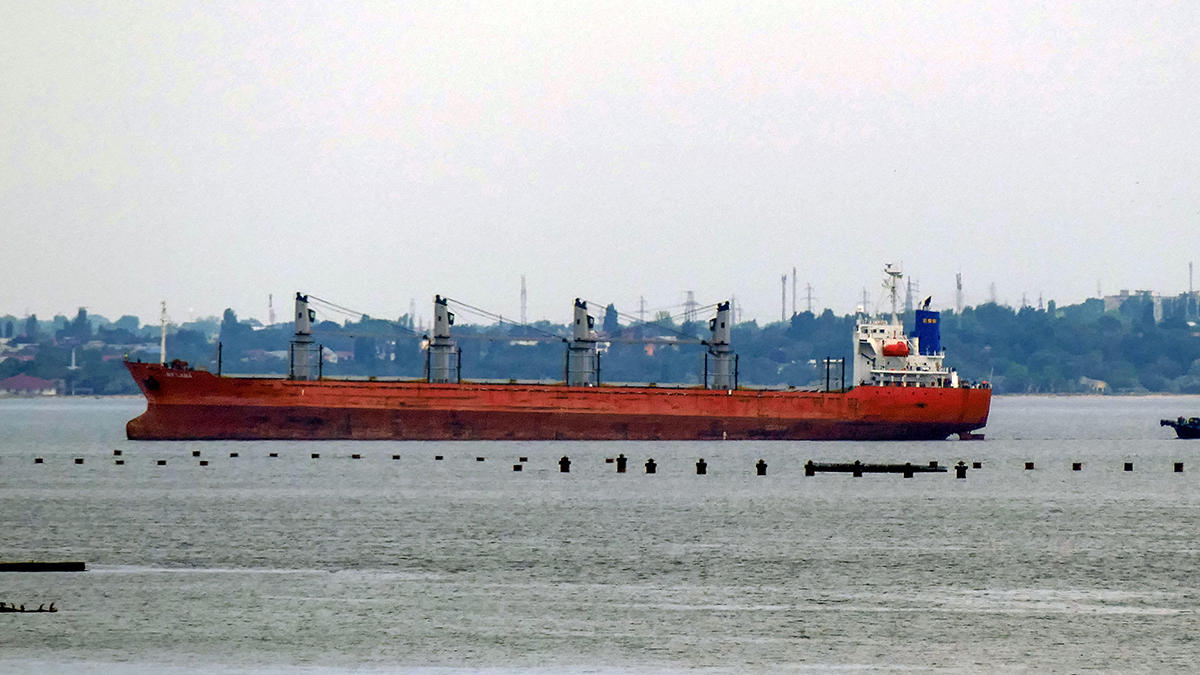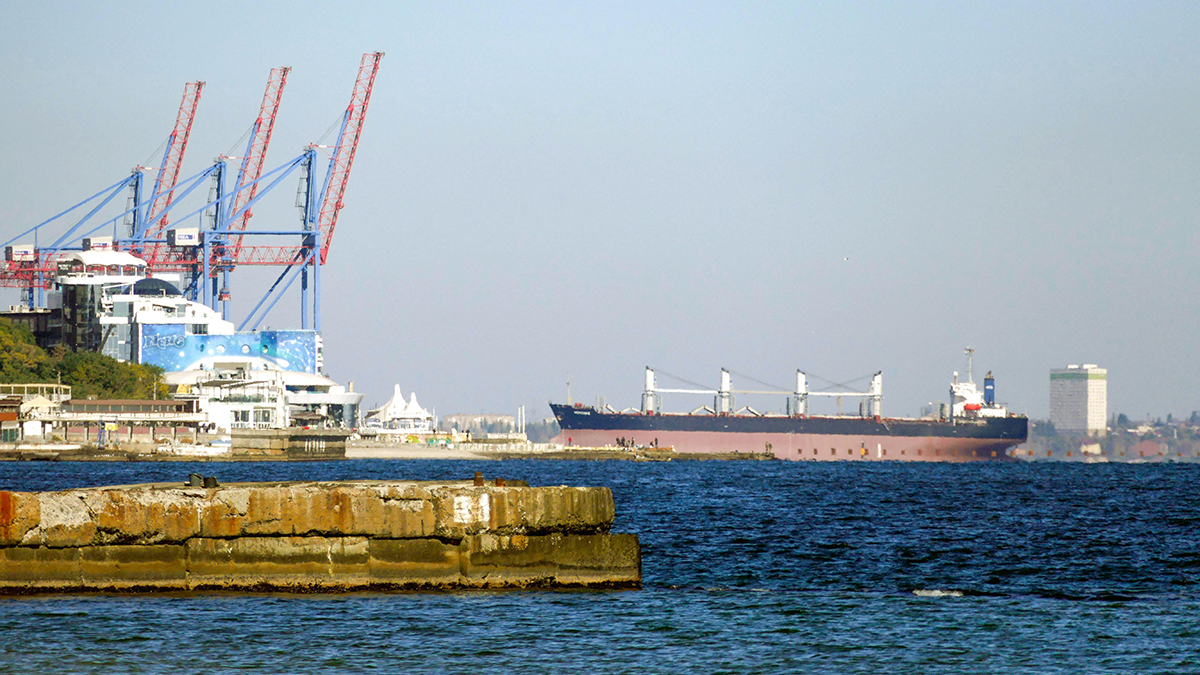Marine reinsurance capacity still plentiful: Lockton Re’s Stephenson
Reinsurers are taking differing stances on war risk and this was reflected throughout the renewal season, which saw some reinsurers 'willing to let business go'
Head of Lockton Re’s marine and energy division, Martin Stephenson, gives his assessment of the impact of Russia-Ukraine-Belarus exclusions
There is plenty of capacity in the marine reinsurance market despite continued concerns about war risk, the head of Lockton Re’s marine and energy division said.
In an interview with Insurance Day, Martin Stephenson said the biggest challenge for reinsurers this year has been the Russia-Ukraine-Belarus exclusions presented to clients in the 2023 renewal.
Some reinsurers took a stronger stance on war risk than others and this divergence of opinion continued throughout the renewal season, he said, with some reinsurers “willing to let business go”.
This business found a natural home with other competing markets, which underlines the fact this is not a true hard market, Stephenson stressed.
“In 1993, we brokers were sleeping in our cars outside re/insurance offices, waiting for the underwriters to come to work,” he said. “The dynamics might be different now, thanks to the internet and email, but the fact remains a hard market is what you get when there’s a real lack of supply. What we have now is simply a market that’s somewhat constrained around terms and conditions.”
Perhaps as much as 20% of marine and energy reinsurance aggregate changed between carriers this year, he added. In addition, many reinsurance programmes were restructured, which called for further reinsurance aggregate to be deployed by the market.
“In 1993, we brokers were sleeping in our cars outside re/insurance offices, waiting for the underwriters to come to work… the fact remains a hard market is what you get when there’s a real lack of supply. What we have now is simply a market that’s somewhat constrained around terms and conditions”
Martin Stephenson
Lockton Re
“The unfortunate outcome of this was some longstanding trading relationships in the London market parted ways, though not to the extent they were irrevocably fractured,” Stephenson said.
Considering a potentially very benign loss year and both cedants and reinsurers having had time to digest the potential impact of the Russia-Ukraine war, he expects a reuniting of most, if not all, of these relationships.
“The fact capacity was easily replaced on programmes, many of which were signed down, proves this market has a way to go before we need to start sleeping in cars again,” he said.
For marine re/insurers, loss ratios have fallen from the “typical” sub-100% to an expected 60%, notwithstanding a return to normal global trade after it “fell off a cliff” during the Covid-19 pandemic, he added.
Sensitivities around war continue to permeate the market, he continued, with China-Taiwan and Israel-Palestine “to name but two political hotspots”.
Hard market or not, providing marine and aviation war cover takes courage, he said, giving John Charman as an example from the market’s archives. As chief executive of Tarquin, Charman famously made his name during the 1990-1991 Gulf War by offering war risk insurance seven days a week.
“I remember people were saying, ‘Oh my gosh, Lloyd’s of London open on a Saturday?’ Yes, and it was because Charman was ready and willing to provide war cover,” Stephenson said.
There are still markets doing this today, he added, most notably centred in London, which has always had a global reputation for answering the call when clients are particularly distressed.
He continued: “When everything’s fine in the world, providing war risk cover is easy but when war does break out, it’s the underwriters who have the aforementioned courage to take this risk on who stand out from the crowd.
“What we are seeing is a very complex situation, where markets fundamentally don’t yet know and are struggling to predict the potential losses from the Russia-Ukraine war. They know there’s a train coming down the track; they can hear it, but they still can’t see it.”
Stephenson concluded: “That creates uncertainty in the market and when the market is uncertain or nervous, it typically charges a premium.”



